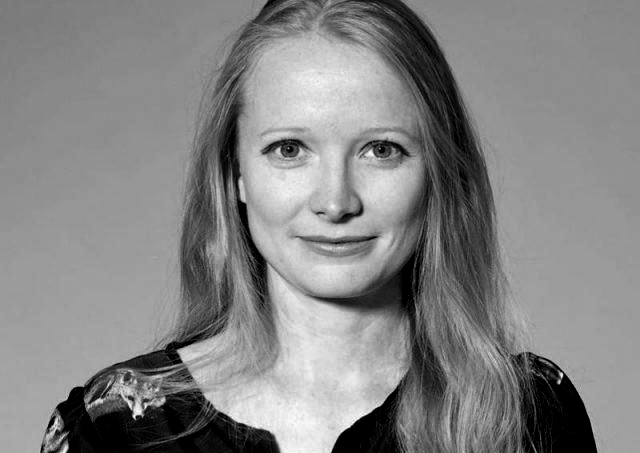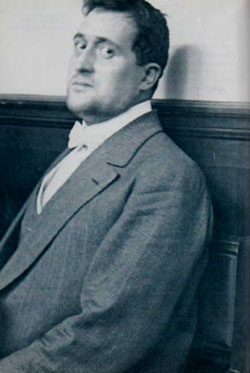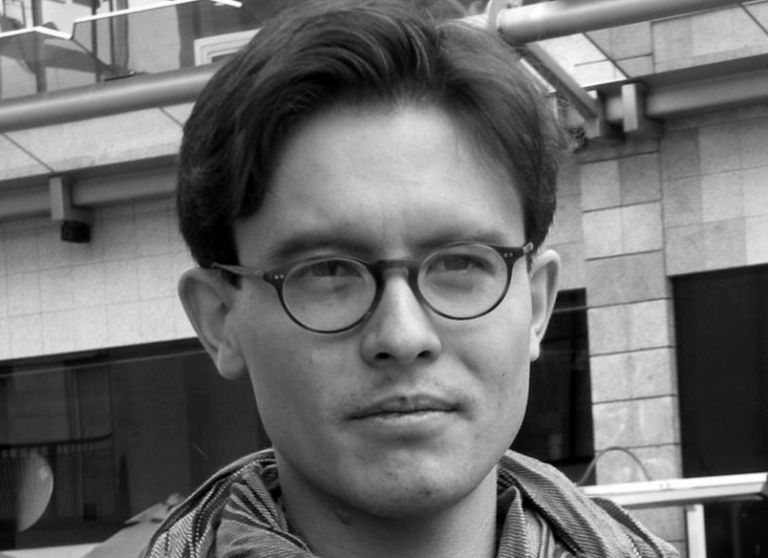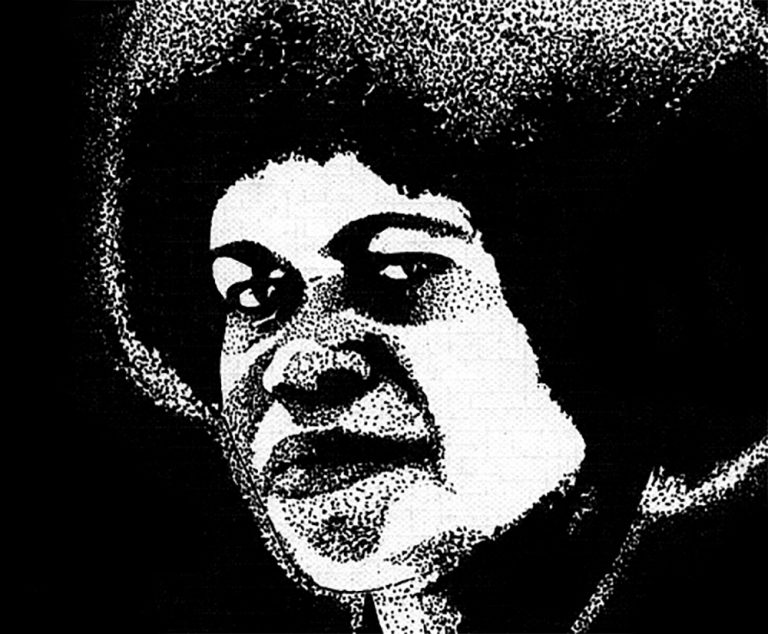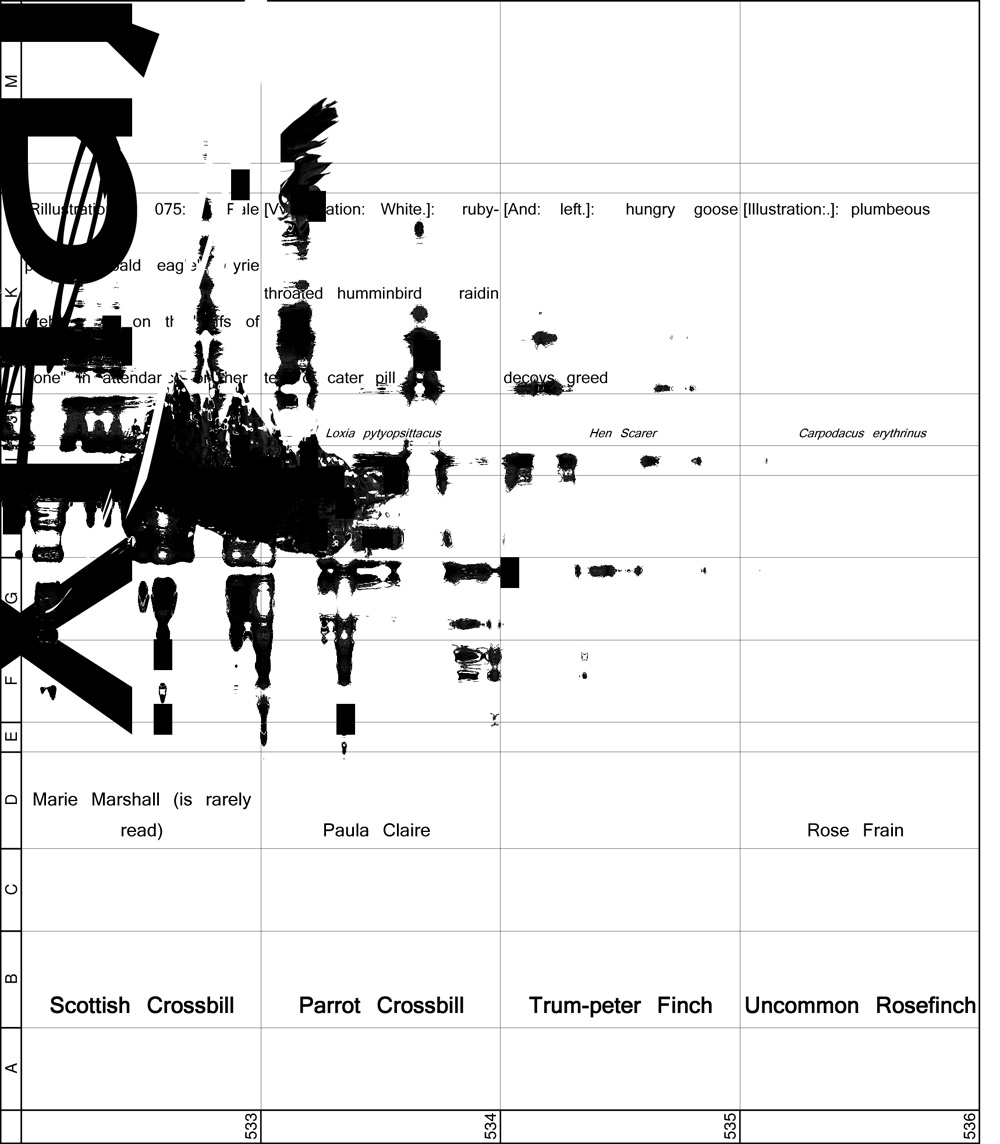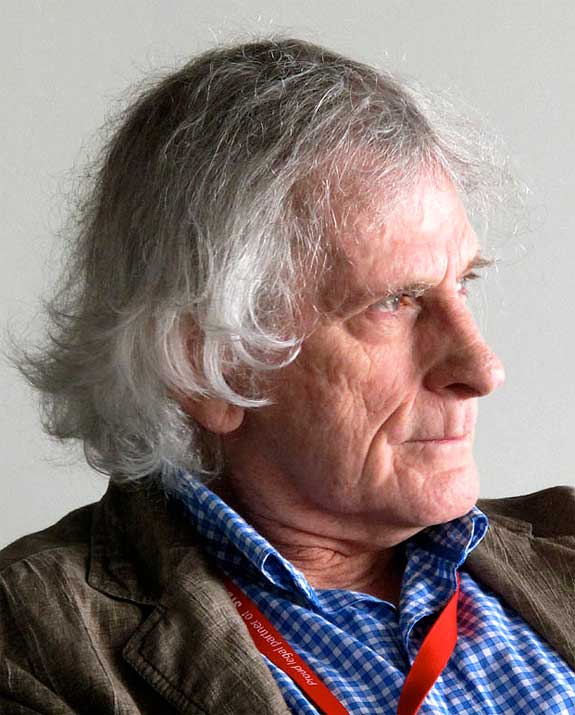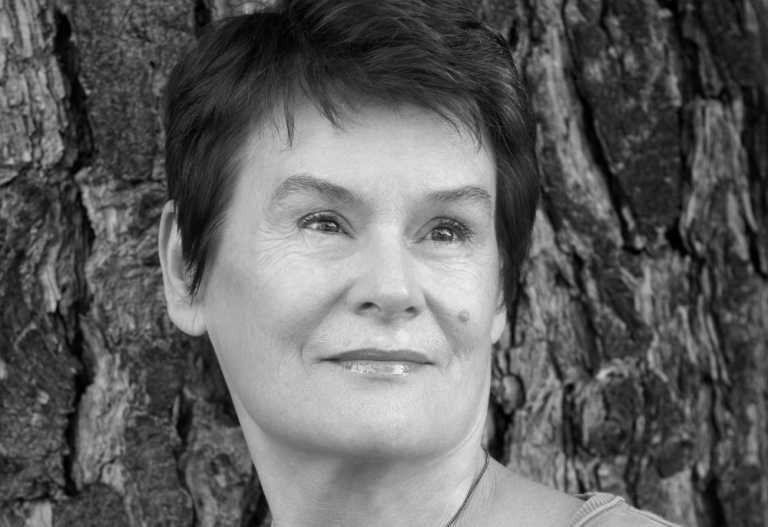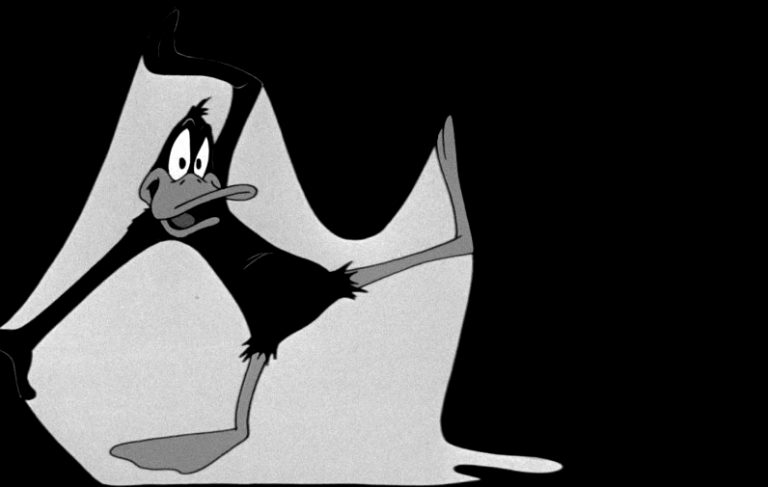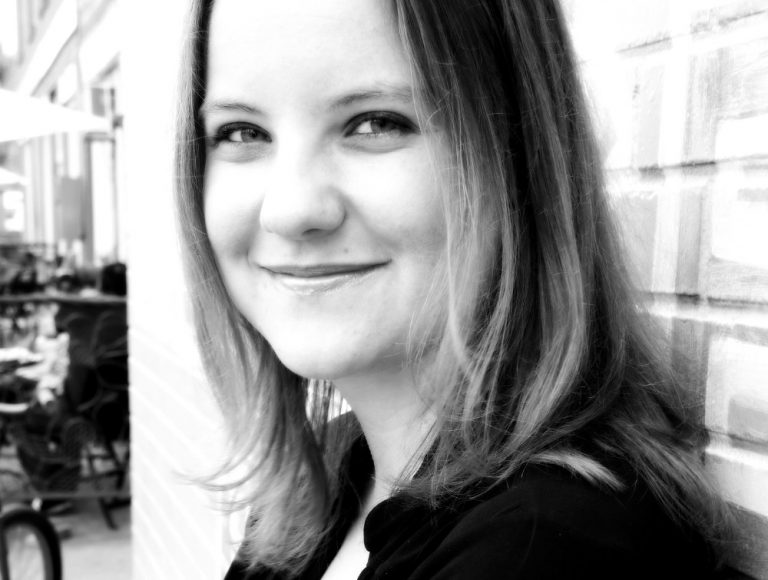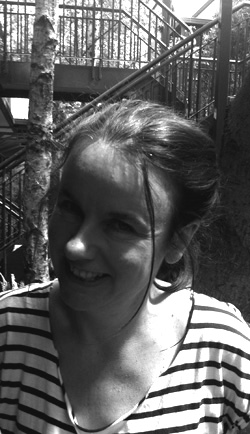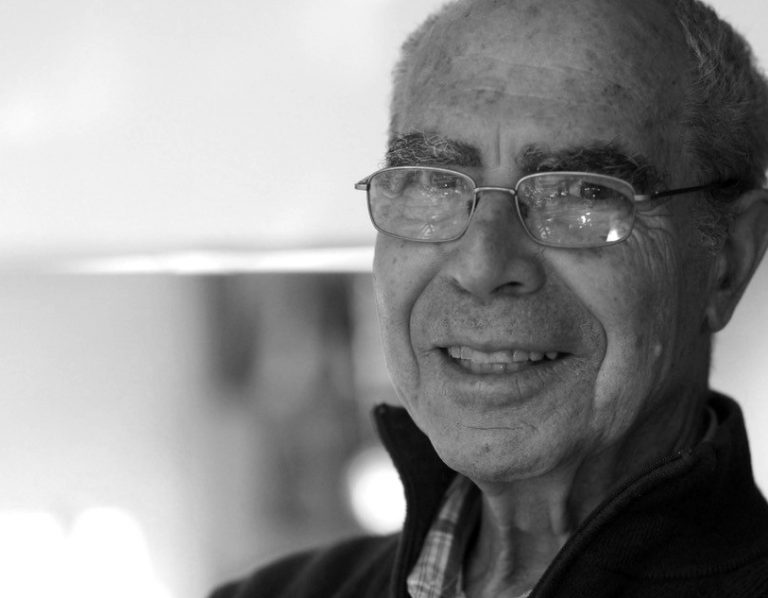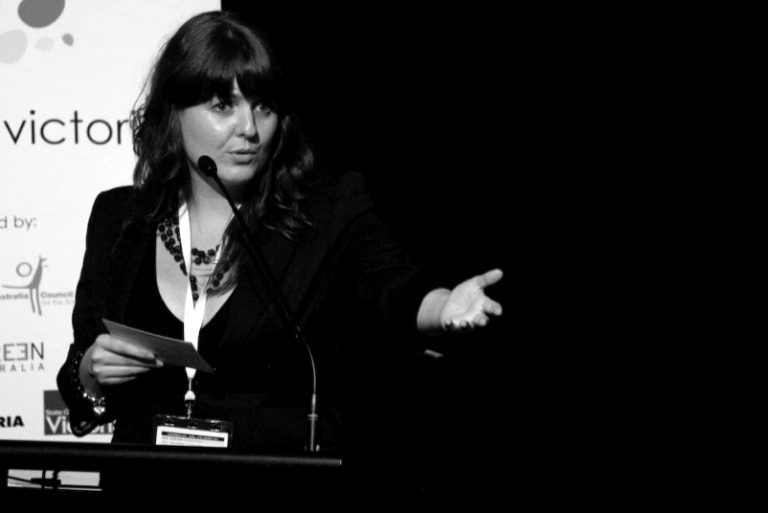ESSAYS
X Marks the Parataxis: Louis Armand, John Kinsella and Jessica L Wilkinson
Displacement is apparent both geographically and textually in Letters from Ausland by Louis Armand, The Vision of Error by John Kinsella (subtitled, ‘A Sextet of Activist Poems’) and marionette by jessica l. wilkinson (written here all in lower-case and subtitled, ‘a biography of miss marion davies’). All three poets are or have been editors of literary magazines: Armand edits VLAK, out of Prague; Kinsella, SALT; and Wilkinson, Rabbit (why does this name always remind me of Wittgenstein’s drawing of a rabbit that can also be perceived as a duck?) Armand and Kinsella have also collaborated on a number of books.
I Revolve a Skull that Knows: On José García Villa
In my teenage years, the poet José García Villa had withdrawn into legend and silence in New York, an absent god from whom only the occasional witticism was relayed to Manila. In 1973, when my adolescence was coming to an end, he was 65 and teaching at the New School for Social Research. I would have been surprised had I been told he was still working. From his first American volume, Have Come, Am Here, that made his reputation in 1942, his poems mentioned nothing specific to the Philippine milieu.
Reading Apollinaire’s ‘Vendémiaire’
There are too many things to say about Guillaume Apollinaire’s ‘Vendémiaire’, and all of them must be said at once. The title is the name of the first month of the French Republican calendar (1793-1805; 1871), which was taken from the Latin vindemia, ‘grape harvest’. The common term in modern French, ‘vendange’, stems from the same Latin word. ‘Vintage’ technically expresses this sense in English, though it is unfortunately obscured by other ones. Another possible rendering is ‘The harvest month’.
When they Come for You: Poetry that Resists
‘This machine surrounds hatred and forces it to surrender’ were the words inscribed on the banjo of American folk legend and activist Pete Seeger, who died at 94 in late January 2014. Reading the tributes to Seeger, I was struck by a recurrent theme: his moral courage, which he lived out unrelentingly across a lifetime. Commenting on the ‘not common behaviours’ which made his life exemplary, a New Yorker post by biographer Alec Wilkinson wrote of ‘his insistence on his right to entertain his own conscience’.
SILENCE Editorial
Silence seems a paradoxical and perhaps daunting theme for writers, yet it strikes me as tantalizingly hospitable too. It was pleasing that 494 writers took up the challenge, submitting some 1100 poems; my warm thanks to you all. This high volume meant that a number of fine poems had to be regretfully declined. A common element in those I finally selected was assurance and presence, the sense of a person thinking through the poem – and of the poem thinking through the person. Precision, energy, surprise and an unlikely angle were other touchstones. Feeling, too, of course; silence, actual or metaphoric, can certainly be neutral, but more often it affects us either negatively or positively: as nothingness, dread, loss, denial and oppression, or else as affirmation, safety, intuitive understanding, intimacy, transcendence, and so on. For me, as for many of those submitting, the theme summons up death – the lost voices – but also a sense of mysterious imminence and immanence.
Silénzio / Scienza: Registering 5 in Joan Retallack’s Errata 5uite
Joan Retallack describes her second major book, Errata 5uite, published with Edge Books (Washington, D.C.) in 1993, as a ‘silent suite.’
A Writing Surface of One’s Own
A waitress here has The Owl and The Pussycat tattooed on her goose-pimpled biceps. They sweetly peek from the hem of an unseasonable short sleeve. Indigo-inked, theirs is a nursery frieze’s block print detail. She is all at sea in her ravaged pea-green tights. Her roughly made skirt abounds with floating, shifting dice. It retains its looped yellow fringing, a faded tangelo backing, from its vintage past life as a painted velvet souvenir cushion cover. She has a ring at the end of her nose, her nose, a ring at the end of her nose. Her girlfriend’s lips, hair and boots are cerise. With honey, she sweetens – and makes a meal of – her sweetly gratis hot tea, blushes like a peach, purrs. The illustrated waitress hovers, calls ‘Who?’ and, like a zephyr, swoops with a cloth, a notepad and a fluffy rainbow-haired Troll Doll-ended pencil.
Reasons for Silence
Opinions. Nice to be rid of them. Opinions unloaded joyfully, with relief, like so much silver change weighing down a wallet. Plenty more where that came from. A million, but about five people left in the world, perhaps who can justify their opinion, who can argue the case at length. And about three people left with the time to hear them out.
Black Stone Poetry: Vanuatu’s Grace Mera Molisa
Black stone is both a figurative and literal reference to the (vanua) of Vanuatu, specifically, its black solidified lava base. Like many Pacific Islands, Vanuatu is founded on dormant and live volcanoes that impact upon the daily reality of its inhabitants. This essay examines the poetry of Grace Mera Molisa and how black stone is deployed as a key metaphor in her work as both poet and politician. Like black stone, Molisa has been a foundational creative and critical force in the formation of Vanuatu as a postcolonial nation, one based on an indelible Ni-Vanuatu spirit.
Concrete Sequence: APPEAL IN AIR
APPEAL IN AIR parallels the names of birds with the names of poets, particularly those from the avant-garde tradition. APPEAL IN AIR assumes the form of a spreadsheet that adds together a suicide, a list of bird-names and a valedictory roll-call of poets. By using an accounting tool for an anatomy of sadness, the poem questions the way that we place value in our own lives.
Shining Worlds: On the Artist’s Book of Robert Adamson and Peter Kingston
I’m sitting in the Rare Books room of the State Library of Victoria, lost in time and strangely joyous as I encounter one of its new acquisitions, the late 2012 ‘artist’s book’ and collaboration between poet Robert Adamson and well-known Australian artist Peter Kingston, Shark-net Seahorses of Balmoral: A Harbour Memoir.
Notes from New York, New York
New York Diary, 6 November 2013 The day begins at the Hollywood Diner on West 16th and Sixth. I used to keep office hours at Joe Junior’s down at 12th but they closed it two years ago and shifted it, …
GONDWANALAND Editorial
Cordite 44: Gondwanaland looks to a place in our pre-history, a time of supercontinents. How do poets connect with or make use of such an idea?
This theme was thrust upon me. But I didn’t mind then and I don’t mind now, because it’s one of those themes wherein the specificity of the notion seems to force poets into imaginative leaps. Besides, I wanted this gig (years ago, I mentioned to David Prater, former Managing Editor, that I wanted to be considered for a guest editing spot). I love that every issue is exciting and diverse, that every guest editor introduces me to a new poet. Now I’ve done it.
Place, Palimpsest and the Present Day: Gondwana in Caroline Caddy’s Antarctica
Gondwana and palimpsests appear as largely historical entities as, respectively, a continent that existed millions of years ago and a kind of manuscript from ancient to medieval times. Yet, within Caroline Caddy’s 1996 poetry collection Antarctica, published after a journey to the continent sponsored by the Antarctic Division in 1992, the two are combined in a way that suggests not only their contemporary relevance but also their ongoing influence. Through her use of place, Caddy layers references to India, Australia and Antarctica in ways that form a palimpsest. This layering acknowledges the connections between India, Australia and Antarctica historically but also insists on their continued contemporary relationship. In this way, the combination of two historical entities, Gondwana and palimpsests, allows Caddy to probe present relationships and engage with our contemporary layered existence.
Destroy Kansas to Reveal Oz: from John Ashbery to Francis Webb
Frank O’Hara’s ‘To a Poet’ seems to encapsulate the New York School’s disregard for an Imagist poetics in which the natural object is always the adequate symbol: ‘when the doctor comes to / me he says, ‘No things but in ideas’’. The cornerstone edicts of Anglo-American Modernism, as contained in Pound’s ‘A Retrospect’, are seemingly casually dismissed in this phrase, along with the accepted prescriptions of Doctor Williams; a critical schism is established in Modernist poetry, with the materialism of Pound-Williams on the one hand and post-moderns such as John Ashbery placed in an alternate lineage with Wallace Stevens as adherents of a post-Symbolist Absolute.
Planting Roots: A Survey of Introductions to Ecopoetry and Ecocriticism
This year the most comprehensive attempt at anthologising American ecopoetry was released in the form of The Ecopoetry Anthology (Fisher-Wirth & Gray-Street). This work comes in the wake of increased ecoconsciouness in political, social, personal, academic and poetic spheres. This is the year that President Obama announced ‘global warming is real’ and all of America was forced, finally, to listen. Critical work addressing the ecological context of poetry, specifically ecocriticsm, has existed since Scigaj’s Four Eco-Poets (1999) and was expanded in Bryson’s Ecopoetry: A Critical Introduction (2002); yet, while these works do a lot to initiate the conversation over what could be considered ecopoetry, it was not until The Ecopoetry Anthology that an attempt to gather and present the poetry itself was made in earnest.
The Ethics of Attention in Peter Larkin’s ‘Leaves of Field’
This paper is concerned with ‘making sense’ in Peter Larkin’s ‘Leaves of Field’, a long poem that articulates a post-pastoral poetics based on ethical valency activated by attention. ‘Leaves of Field’ directs questions at us: How do we look at ‘natural’ objects? What is adequate poetic description? Can there be ethics without an apparent subject? How can we avoid instrumentalising nature poetically and ecologically after human intervention? What is the ‘value’ of human-and-non-human relations? Creating a lyricism not based on self-expression or explicitly only-human community, Larkin answers the challenges of writing innovatively with ethical consciousness by attending minutely to poetic texture and to ‘attention’ itself.
The Breath of Vast Time
I sit in Kevin Kiernan’s garden on the middle slopes of The Mountain. In the 1970s a young Kevin Kiernan was prominent in the unsuccessful struggle to save Lake Pedder from inundation within a back-up storage reservoir, a struggle that stands within Australian history as the first great nationally-scoped battle for wilderness preservation.
Collaborative Kelly Stalks Arcane New Ground
And to the bottom I will follow Conversations with Ghosts (CD) by Paul Kelly Australian Broadcasting Corporation, 2013 While a long-time voracious song-writer and performer in his own right, Australian musician Paul Kelly has also been a collaborative nomad, drawn …
MASQUE Editorial
The theme of this issue was suggested by the Poets and Critics seminar (run by Vincent Broqua and Olivier Brossard) on the work of British poet Redell Olsen last year. Olsen’s book Punk Faun: A Bar Rock Pastel (subpress, 2012) revels in masques and anti-masques, in variants and endlessly shifting suggestiveness that has influences back to the sixteenth century but also resonates with Frank O’Hara’s ‘In Memory of My Feelings’.
Small Poetry Presses in Ireland
Small poetry presses in Ireland are tricky enough to define. We are tempted to categorise them by volume of production, or by the number of established poets they represent. Poetry presses in Ireland are considered ‘large’ by virtue of three factors: production-volume, how established the press and whether they are in receipt of significant arts funding.
Negotiating the Liminal Divide: Some Italian-Australian Diasporic Poets
The publication last year of Paolo Totaro’s Collected Poems marks the latest in a long series of poetry collections by Italians who have migrated to Australia. Raffaello Carboni, author of the iconic The Eureka Stockade, was a poet in his own right.
Emotion and the Self in Games
There are some books that carry you along a journey until your tears make it impossible to read. Films and television shows, too. Games evoke emotion in a similar way to non-interactive works, with some exceptions – the greatest difference being emotion facilitated through action. In this essay, I look at games and electronic literature that have triggered my emotions, and reflect on how this was achieved. The poet, novelist, screenwriter, playwright and games writer will find similar rhetorical devices being applied in different ways.
Prints in the New Snow: Notes on ‘Es Lebe der König’, J.H. Prynne’s Elegy to Paul Celan
In 1966 Prynne emphasised the necessity for poetry to ‘emphatically reclaim the power of knowledge for each and any of us in our common answerability as the creatures of language.’[1. Keston Sutherland, “Hilarious Absolute Daybreak,” Glossator: Theory and Practice of the Commentary, 2 (2010): 115-148, 117.] The ekphrastic, proprioceptive and dedicatory analysis that Prynne demanded of his readers through Kitchen Poems and The White Stone reaches a point of crescendo with Brass in 1971.

